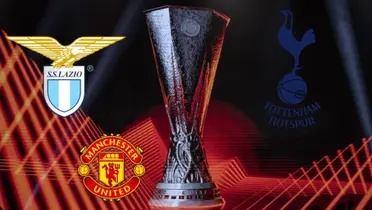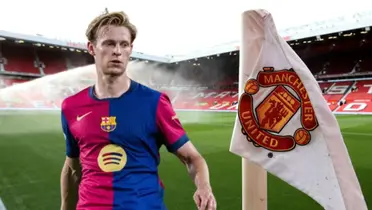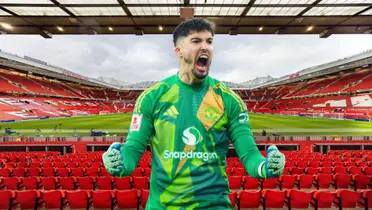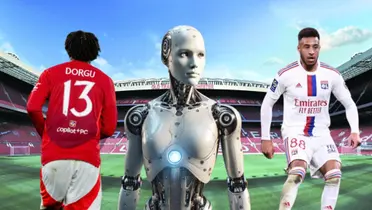What strategies will define Manchester United's future in modern football?
The future of football: What role will Manchester United play?

Manchester United, a giant of world football, finds itself at a crossroads. After years of ups and downs, the club seeks to reinvent itself and regain its place in the sport's elite. Its future not only interests its millions of fans but also raises questions about the evolution of modern football.
The question of what role Manchester United will play in the future of football resonates strongly. The institution, with its rich history and global fan base, is at a crucial moment of restructuring and renewal. The club's ability to adapt to changes in the football landscape will determine its relevance in the years to come.
Reconstruction and key strategies
Manchester United has begun a comprehensive reconstruction process. This involves a thorough review of its management model, sports strategy, and playing philosophy. Investing in young talent and tactical restructuring are fundamental pillars of this process.
The club's management understands that long-term success depends on the formation of a new generation of players. Betting on young promises, both from the youth academy and other clubs, is a priority. Additionally, a distinctive style of play is sought, combining the club's tradition with the demands of current football.
Technology and innovation in football
Technology is transforming football, and Manchester United is no stranger to this trend. The club is investing in advanced data analysis, cutting-edge training technologies, and immersive fan experiences.
The use of data allows for more informed decisions in all aspects of the game, from training planning to match strategy. New training technologies, such as virtual reality, help improve player performance. And immersive experiences, such as virtual stadium tours, bring the club closer to its fans around the world.
The impact of fans and globalization
Fan passion is a fundamental driving force for Manchester United. The club seeks to strengthen the bond with its fans, both in the stadium and in the digital world. The globalization of football also presents opportunities to expand the brand and reach new audiences.
The creation of digital communities allows fans to interact with each other and with the club. Initiatives to encourage fan participation in decision-making strengthen the sense of belonging. And the global expansion of the brand, through international tours and content in different languages, allows reaching new markets.
Challenges and obstacles
Manchester United faces significant challenges on its path to success. Competition with other European clubs, pressure to meet fan expectations, and adapting to changes in the football landscape are some of the obstacles it must overcome.
Investment from state-owned and billionaire-owned clubs has raised the level of competition. The demand from fans, who expect titles and good play, generates constant pressure. And the evolution of football, with new tactics and technologies, requires continuous adaptation.
Predictions and possible scenarios
The future of Manchester United is uncertain, but some possible scenarios can be glimpsed. The club could return to the top of European football, develop a new generation of superstars, or consolidate itself as a benchmark in innovation and technology.
The club's ability to execute its reconstruction plan will be decisive. If it manages to combine young talent, technology, and a solid connection with its fans, Manchester United could once again be one of the great protagonists of world football.
Manchester United is in a moment of transformation. Its ability to adapt to changes and build a solid project will determine its place in the future of football. The club's history suggests that, with the right combination of talent, strategy, and passion, it can shine again at the top of the sport.
What you should know about the future of Manchester United:
- Manchester United is in a comprehensive reconstruction process.
- Technology is key to the club's future.
- The fans play a fundamental role in the team's success.
- The club faces significant challenges on its way.
- The future of Manchester United is uncertain, but promising.
More news
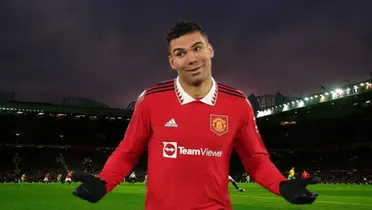
The Numbers Don't Lie: Casemiro's Dominance Returns
31/03/2025
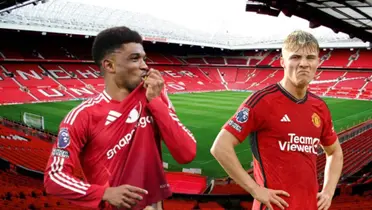
United's Dream Pairing: The Duo Fans Are Eager to See
31/03/2025
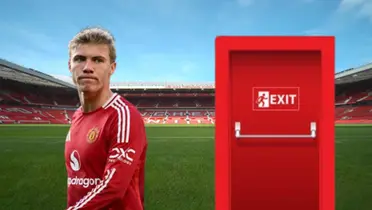
Hojlund's Fate: Will He Stay or Leave Man United?
31/03/2025
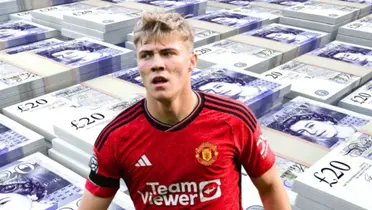
Højlund's Plummeting Value: A Cause for Concern at Man United
31/03/2025
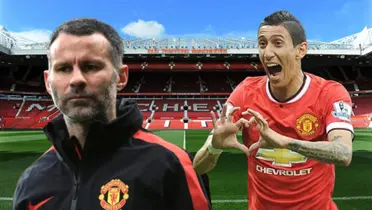
Giggs' Misjudgement: Depay's Free-Kick Hopes Fall Flat
31/03/2025
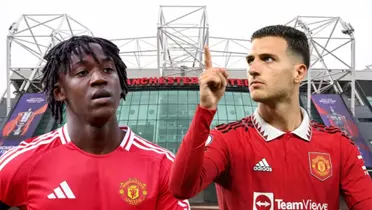
Man United's Summer Clearout: Players on the Chopping Block
31/03/2025
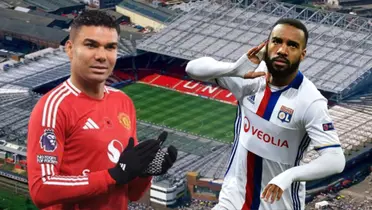
Financial Divide: Man United's Value Dwarfs Olympique Lyon's Squad Cost
30/03/2025
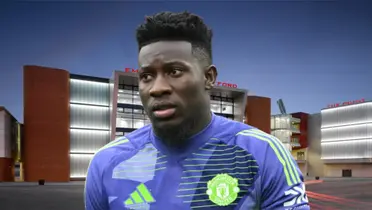
Onana Exit Rumors Swirl: How the Goalkeeper Is Responding
30/03/2025
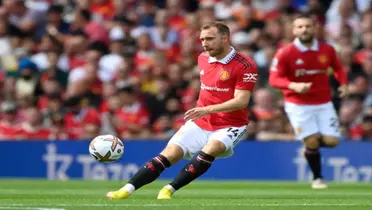
Eriksen breaks the silence about the rumors of not renewing
30/03/2025
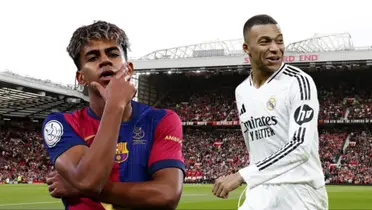
World-Class Player Available: Romano Reveals Transfer Bombshell
30/03/2025
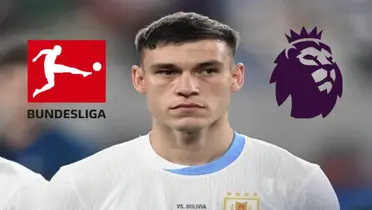
Ugarte's Premier League Insight: Key Differences From Ligue 1 Revealed
30/03/2025
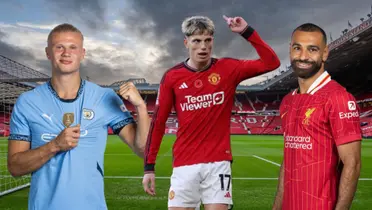
Garnacho Outshines Salah and Haaland: A Stunning Statistical Triumph
29/03/2025
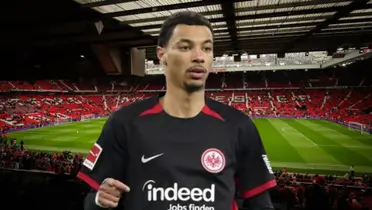
Ekitike's Staggering Stats: Why Man United Are Keen
29/03/2025
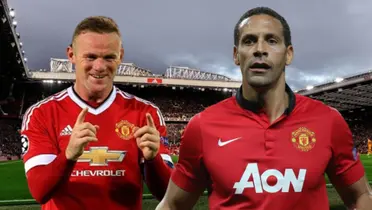
Beyond Legends: The United Player Who Rewrote Investment History
29/03/2025
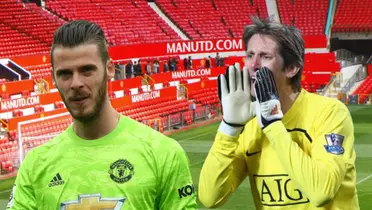
Manchester's Goalkeeping Giants: Who Reigns Supreme?
29/03/2025
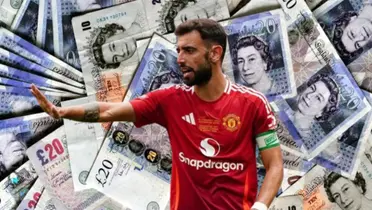
Fernandes' Fortune: Unveiling the Price Tag of United's Captain
29/03/2025
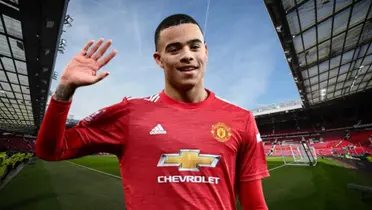
The Manchester United jewel that was rumoured for Barcelona ended up in an exotic league
29/03/2025
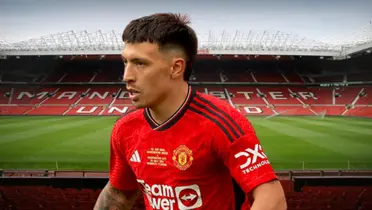
Father's Faith Pays Off: 100 Pound Bet on Son's United Debut
29/03/2025




